Augmented reality gaming developer Niantic has decided to give its players the opportunity to make their mark on Pokémon GO with a PokéStop nomination system.
While an international launch date has not been revealed, the company announced on Tuesday that it plans to start a limited beta test of the nomination system soon. The beta version of the system will be limited to level 40 players in Brazil and South Korea, with child accounts excluded.
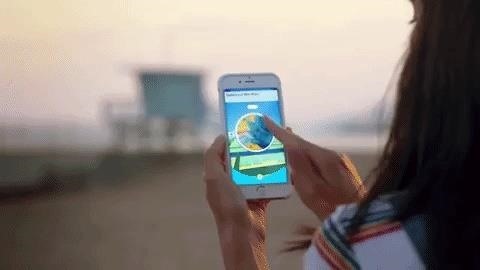
To nominate a location, Niantic will ask users to submit photos of the location and its surroundings along with a description. Niantic will take a crowdsourcing approach to review nominations, with participants in the Ingress Operation Portal Recon (OPR) project acting as the jury.
- Don't Miss: Niantic Reveals Augmented Reality Platform for Multiplayer Gaming & Interaction with Real World Objects
In Niantic's support documentation, the company discloses the criteria upon which OPR agents will evaluate nominations. In general, Niantic is looking for any place "with a cool story, a place in history or educational value." Eligible locations include art installations, unique architecture, public parks, libraries, and places of worship, transit stations, and local hot spots.

Likewise, the company also details what will make nominations ineligible. For example, locations without safe pedestrian access will be rejected, as well as places that impede fire stations, police precincts, hospitals.
Similarly, private residences, schools, child care centers, temporary structures, and "adult-oriented stores or services" (namely liquor stores, adult novelty stores, shooting ranges, and firearm retailers) will not be accepted. Broad natural landscapes will hit the reject pile, but man-made points of interest, such as plaques and signage, will be eligible.

The submission guidelines reflect a degree of caution likely designed to avoid legal troubles, and with good reason. The company has been hit with numerous nuisance lawsuits related to its flagship game stemming from players trespassing or swarming certain areas while hunting for AR creatures. In California, while Niantic succeeded in getting one class action suit thrown out, it still faces another lawsuit in which the company denies liability. Internationally, Iran has even outlawed virtual spaces as a result of the game.
Nevertheless, while courts may ultimately establish legal precedent for AR locations, Niantic's location nomination beta test could serve as an example for how other augmented reality companies could approach merging virtual worlds with real-life locations.
Just updated your iPhone? You'll find new features for Podcasts, News, Books, and TV, as well as important security improvements and fresh wallpapers. Find out what's new and changed on your iPhone with the iOS 17.5 update.
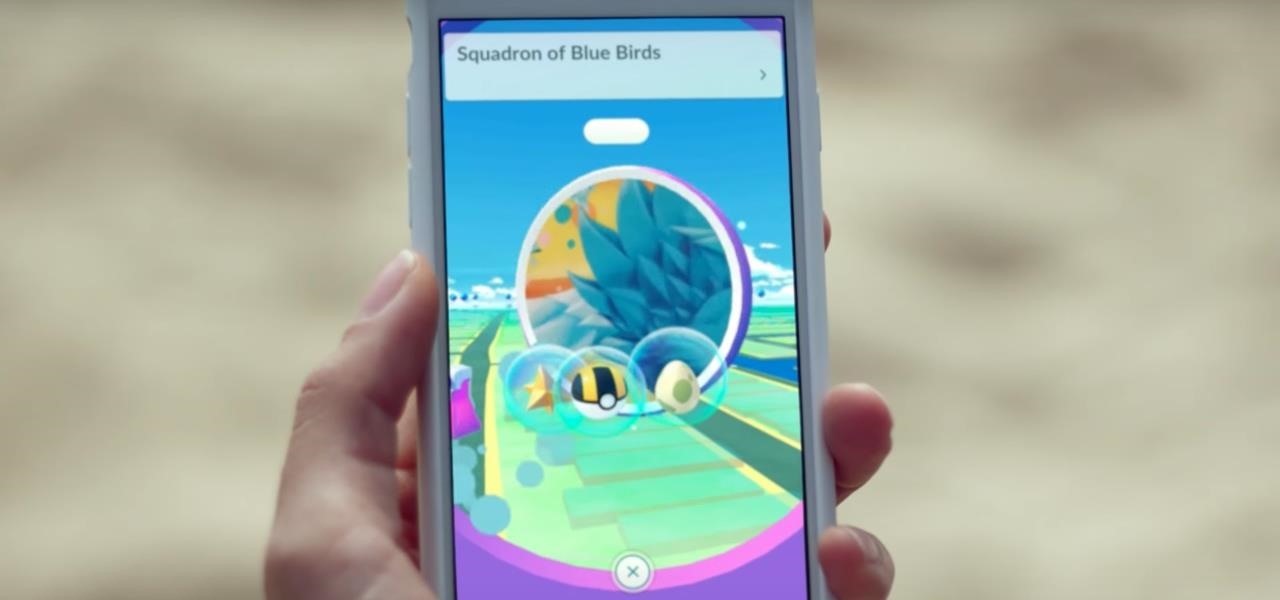



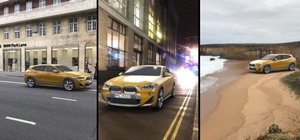
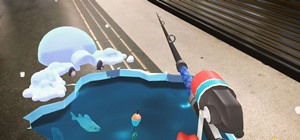
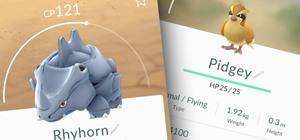


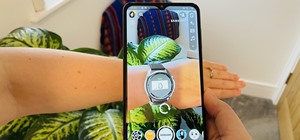

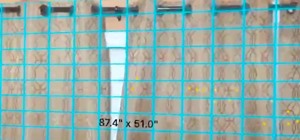

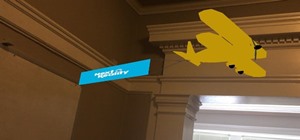
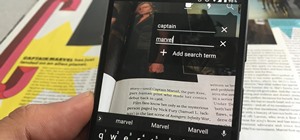


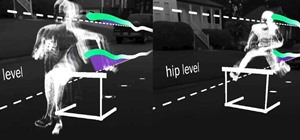

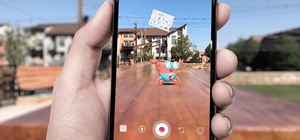

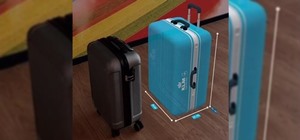
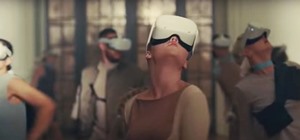

Be the First to Comment
Share Your Thoughts